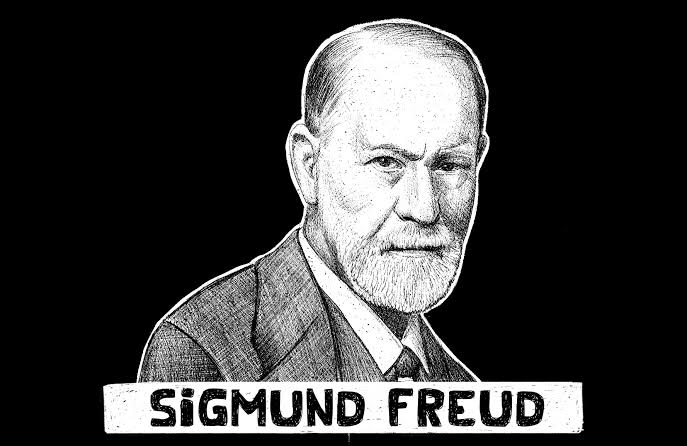Oedipus: A Case Study in Freudian Theory

The story of Oedipus, a tragic figure from Greek mythology, exemplifies Sigmund Freud's concept of the Oedipus Complex. This theory describes a child's unconscious desire for the opposite-sex parent and jealousy toward the same-sex parent. In Oedipus's case, he unknowingly fulfills this complex by killing his father, King Laius, and marrying his mother, Jocasta, highlighting the complexities of human psychology and familial relationships.
Oedipus's journey from ignorance to knowledge embodies the themes of fate and free will. His attempts to escape a prophecy—that he would kill his father and marry his mother—ultimately lead him to fulfill it. This irony emphasizes his tragic flaws and aligns with Freud’s view that unconscious desires often govern individuals, complicating the idea of free will.
The psychological turmoil Oedipus experiences upon discovering his true identity symbolizes the conflict between conscious understanding and unconscious desire. His self-inflicted blindness represents deep guilt and shame, crucial themes in Freudian analysis. Literature students can explore these themes to understand the intricate dynamics of human relationships.
In conclusion, the tale of Oedipus serves as a valuable source for examining Freudian theory in literature. By analyzing Oedipus's tragic fate through the lens of the Oedipus Complex, students gain insight into character motivations and the psychological underpinnings of classic texts.
Image Source: practicalpie.com